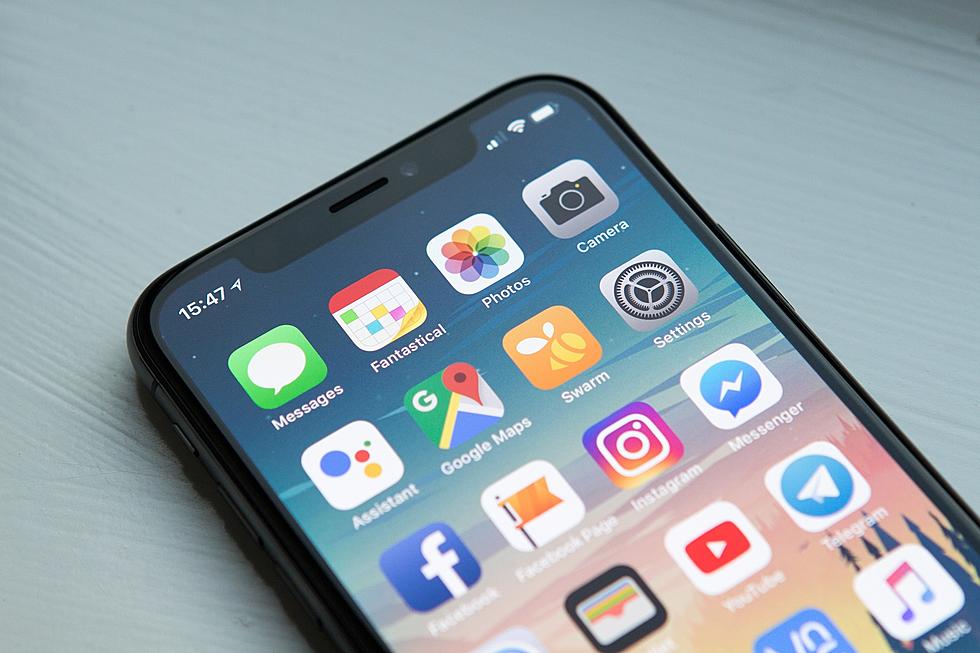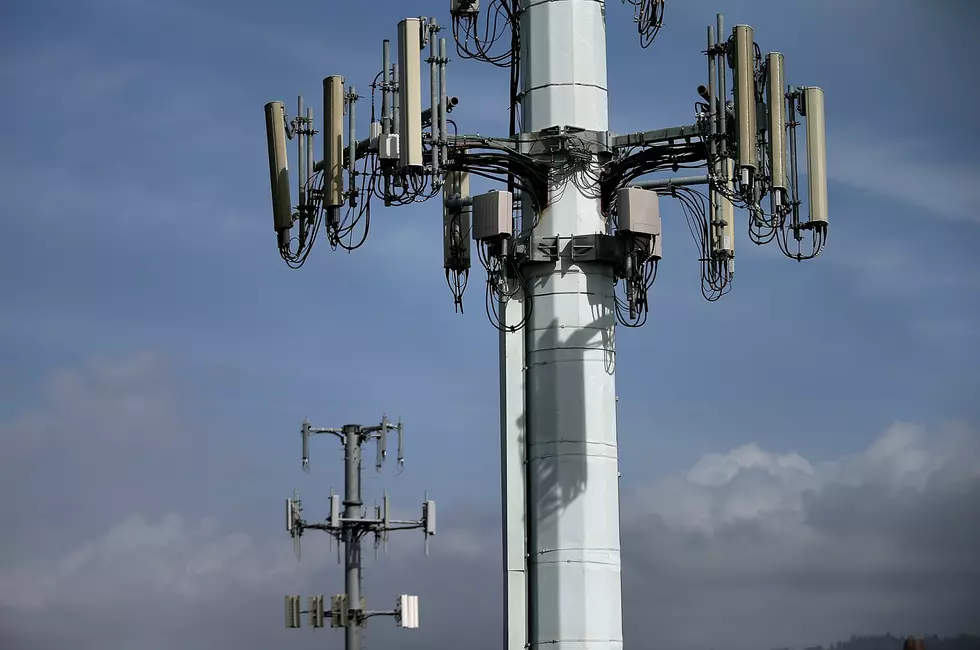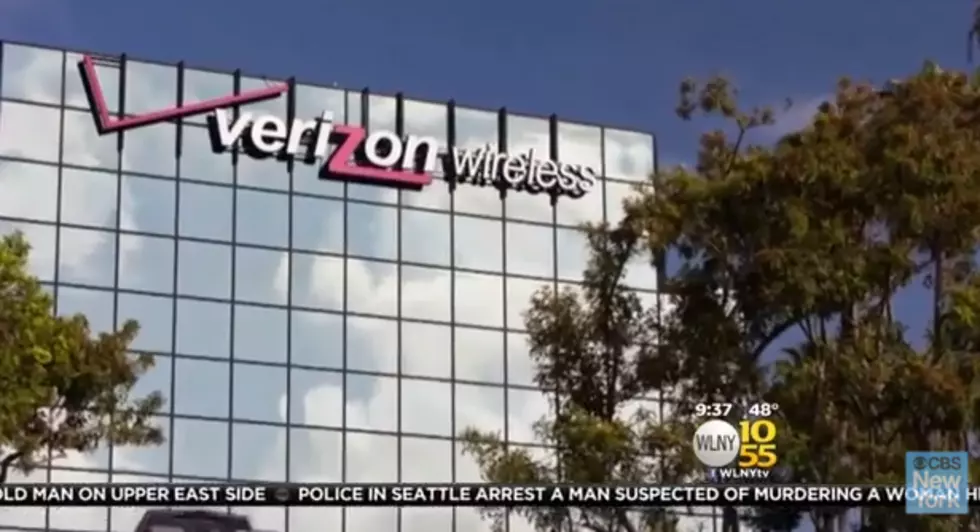
NJ Small Businesses Fear Verizon Rate Hikes, Service Disruptions
Under a recent settlement approved by the New Jersey Board of Public Utilities, Verizon can raise rates on residential and business landline phone service. Opposition was staunch and immediate.
Garden State residents with "iffy' cell service need landlines and many businesses are required to have them.
"We can't use FIOS for our sprinkler lines so we have two copper lines to monitor our sprinkler system which is for notification to local fire that if we're not here, the system is activated, the fire department is notified as are we so this is not just a sort of convenience," said Kelly Conklin, a founding member of the NJ Main Street Alliance and owner Foley Waite Associates in Kenilworth.
Kelly's insurance company and local fire department require that he maintains the landlines and he is forced to pay whatever Verizon charges. He said Verizon's copper lines are deteriorating and he was concerned they will continue to erode despite charging higher rates.
"(The settlement was) a modest step toward regulatory reform that recognizes the competitive nature of these reclassified services and provides additional consumer protections focused on rates and service quality," said Verizon New Jersey spokesman Lee Gierczynski in an emailed press release.
Basic residential landline phone service currently costs $16.45 a month. Under the agreement to which Verizon agreed rates increases caps are limited and can only increase costs by six dollars in the first five years. Kelly said, "After that, the sky's the limit."
The Communications Workers of America is also opposed to the settlement and put the possible rate hikes in perspective.
"The deal allows Verizon to raise basic landline phone rates 36 percent over the next five years and it allows them to raise business line rates over 20 percent over the next five years," said Seth Hahn, CWA staff representative.
The agreement hurts resident, businesses, seniors, Verizon employees, the quality of service and taxpayers Hahn said.
Customers' quality of service won't be impacted Gierczynski said.
More From WPG Talk Radio 95.5 FM










